P3260030.JPG

The difficult thing about interviewing a musician in a car is that, sooner or later, someone will insist in trying to reverse park in front of your stationary vehicle and, after getting all kinds of annoyed, will completely derail your interviewee’s train of thought. Of course a car is not the typical venue in which to conduct an interview, but then Bill Summers is not your typical interviewee, any more than he is your typical percussionist, as can be seen by the duration and span of his musical career.
During that career Bill has been instrumental in forming a number of popular bands, including the award-winning Los Hombres Calientes, and Summers Heat. According to Bill, all the bands he has been involved in share one thing in common - they all incorporate music from numerous ethnic sources. His most recent musical venture, Jazalsa, will be performing at the Blue Nile on Frenchmen Street on Saturday February 27, and you will be able to hear it live on WWOZ.
So what is the aim of Jazalsa?
“To have fun, and to make money, and make positive changes to the world,” said Summers. “There’s all kind of music in it, it’s not just Cuban at all. It’s a mixture of things. Just like Los Hombres is a mixture, all my bands are a mixture of ethnicity. I played some African stuff, I played some Haitian, I played some Cuban and I put them all together. Why not?”
It is this drawing from different ethnic sources that gives Jazalsa - and similar ‘fusion’ bands- such a universal appeal in Bill’s opinion. In a way, he told WWOZ, it is akin to greeting people in their native languages, only in a musical way.
“It’s like if you are able to go to Cuba and say ‘Buenos Dias’ or go to Japan and say ‘Konnichiwa’,” he explained. “People just light up. It’s a door for them to say ‘I want to hear more,’ because you are addressing them personally. When you include other ethnic music, you are including the planet, the Universe. Does that make sense? And it doesn’t need to be music; it can be familiar sounds, maybe words. People have been liking Cuban music for quite a while now and a lot of the modern-day salsa rhythms, like rumba and cha-cha-cha, and all of those rhythms and dances came out of Cuba via Africa. It is the same family of people, like cousins, you know, our music has some common roots to it.”
“Audiences get possessed by the music and the happiness,” he went on. “It’s hypnotic. It’s spell-binding. It’s mesmerizing. It will take you in, and make you dip! Put a tingling in your hip. Whether you like it or not!”



















